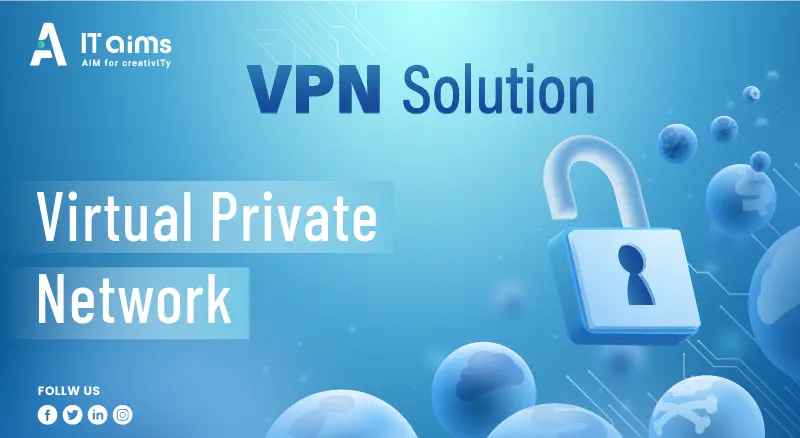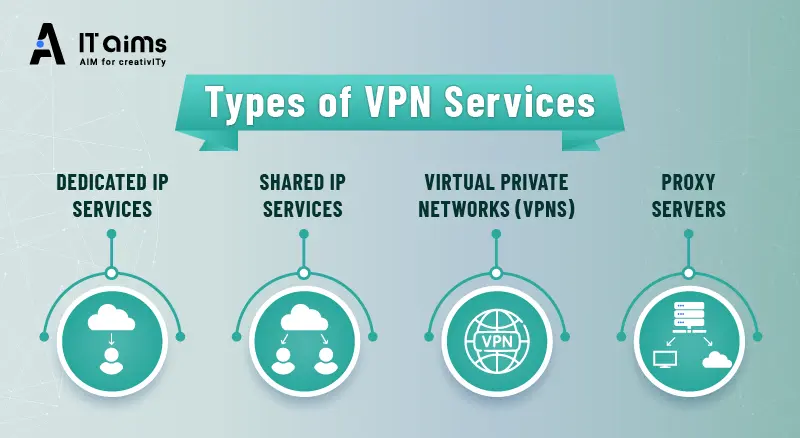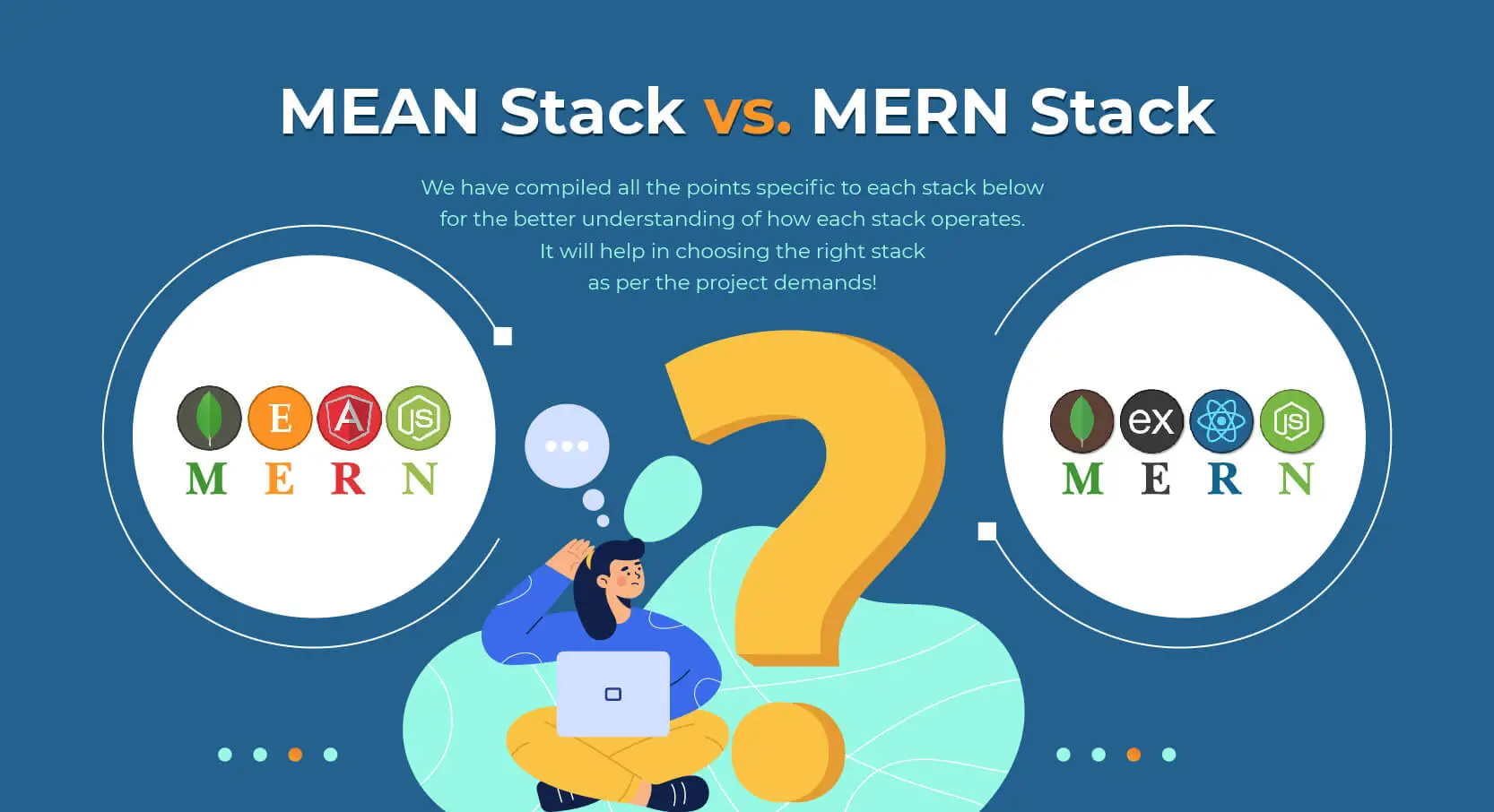
The VPN Solution
- Introduction
- What Is a VPN?
- How a VPN Works
- What Are the Benefits of Using a VPN?
- What Types of VPN Services Are Available?
- How to Choose the Right VPN Service
- Security and Privacy Considerations
- Speed and Server Locations
- User-Friendliness and Compatibility:
- Common Questions About VPN Services
- Comparison of Free and Paid VPN Services
- Top VPN Services
- Conclusion
Introduction
In today's digital age, it's becoming increasingly difficult to protect your personal information and privacy online. With data breaches, cyber-attacks, and government surveillance, it's more important than ever to take control of your online security.
By using a VPN, you can encrypt your internet traffic, hide your IP address, and access the internet without anyone being able to monitor or track your activities. With the growth of the VPN industry and the increasing awareness of the importance of online privacy, now is the perfect time to start using a VPN and take control of your online security.
Virtual Private Networks, or VPNs, are becoming increasingly important tools for online privacy and security. With growing concerns about data privacy and online surveillance, more and more people are turning to VPNs to protect their online activities.
1In fact, according to a recent survey by the Global Web Index, almost one-third of internet users have used a VPN in the past month. This represents a significant increase in VPN usage compared to just a few years ago, indicating a growing awareness of the need to protect personal information and privacy online. The increasing popularity of VPNs is reflected in the growth of the industry, which is expected to reach $36.95 billion by 2027, growing at a compound annual growth rate of 12.1% from 2020 to 2027, according to a report by Grand View Research.
What Is a VPN?
VPN stands for virtual private network, and what it does is create a secure, encrypted tunnel between your device and the VPN server. This tunnel keeps your data safe from prying eyes, allowing you to browse the internet (or stream your favorite shows) anonymously.
VPNs are important tools to have in your security arsenal, especially if you're traveling or using public Wi-Fi networks. They can also help protect your privacy by preventing your internet service provider from tracking your online activity.
How a VPN Works
A VPN, or virtual private network, is a service that creates a secure, encrypted connection between your device and the internet. This connection is then used to route all of your online traffic through a remote server. This shields your data from prying eyes, whether it's your internet service provider, hackers, or the government.
When you connect to a VPN, you're given a new IP address that masks your real IP address. This prevents anyone from tracking your online activity. It also allows you to access websites and content that are blocked in your country or region.
What Are the Benefits of Using a VPN?
VPNs provide a number of essential benefits for both business and personal users.
For starters, a VPN can help you stay safe and secure when browsing the internet. By encrypting your traffic and hiding your IP address, a VPN makes it difficult for anyone to track your online activities. This can be especially important when using public Wi-Fi networks or accessing sensitive information.
A VPN can also be used to bypass censorship and access websites and services that are blocked in your location. This can be helpful for travelers who want to access content that is unavailable in their destination country, or for business users who need to access a secure network while away from the office.
Finally, VPNs can be used to improve your privacy and protect your data from hackers and scammers. By disguising your location and encrypting your traffic, a VPN makes it difficult for anyone to track or steal your personal information.
What Types of VPN Services Are Available?

There are many types of VPN services on the market. Some of the most popular are:
- Dedicated IP services: This type of VPN service gives you an exclusive IP address that only you can access. This can give you added security, especially if you’re accessing sensitive data.
- Shared IP services: With this type of VPN service, multiple users share one IP address. This can be a good option if you’re looking to save money and don’t need a dedicated IP address.
- Virtual private networks (VPNs): A virtual private network (VPN) is a type of secure connection that allows users to access their computers over the internet without exposing their data or identities. It is often used by businesses and individuals who want to secure their data from malicious actors.
- Proxy servers: Proxy servers are a type of software that acts as an intermediary between your computer and the internet. They can help protect your anonymity and hide your identity from prying eyes on the web.
Each type has its own advantages and drawbacks, so it's important to explore all the options before deciding which is best for you.
How to Choose the Right VPN Service
When choosing a VPN service, there are several important factors to consider. Here are some of the most important:
- Security and Privacy: Make sure that the VPN service you choose uses strong encryption to protect your online activities. You should also look for a service that has a clear privacy policy, so that you know exactly what information the company is collecting and how it is being used.
- Speed and Server Locations: The speed of your VPN connection is important, as a slow connection can be frustrating to use. Make sure that the VPN service you choose has servers located in the locations you need, and that those servers provide fast and reliable connections.
- User-Friendliness and Compatibility: Make sure that the VPN service you choose is easy to use, and that it is compatible with the devices you use. Some VPN services offer custom software for different operating systems, while others use a universal app that works on all devices.
Let us discuss all the above points in detail.
Security and Privacy Considerations
When choosing a VPN service, it is important to consider the security and privacy features it offers. Here are some things to look for:
- Encryption: Make sure that the VPN service you choose uses strong encryption, such as AES-256, to protect your online activities.
- Logging Policy: Make sure that the VPN service you choose has a clear logging policy, so that you know exactly what information the company is collecting and how it is being used.
- Kill Switch: A kill switch is a feature that will automatically disconnect your device from the internet if the VPN connection is lost. This helps to protect your privacy in case the VPN connection is interrupted. According to a study by TheBestVPN, 64% of VPN services do not have a kill switch.
Speed and Server Locations
- The speed of your VPN connection is important, as a slow connection can be frustrating to use. According to a study by Ookla, the average VPN connection speed is 29.48 Mbps. Make sure that the VPN service you choose has servers located in the locations you need, and that those servers provide fast and reliable connections. Some VPN services have hundreds of servers located in dozens of countries, while others have just a few. The number of servers is important, but the quality of the servers is even more important.
- Server network size: The larger the server network, the more options you have for finding a fast and reliable connection.
- Server locations: The location of servers can affect the speed of your VPN connection.
- Speed tests: You can test the speed of a VPN service before purchasing to ensure that it meets your needs.
User-Friendliness and Compatibility
- User interface: The VPN service should have a user-friendly interface that is easy to use.
- Compatible devices: Ensure that the VPN service is compatible with the devices that you plan to use it on.
- Customer support: Good customer support can be helpful in case you run into any issues with the VPN service.
Common Questions About VPN Services
You may still have some questions about VPN services, such as how much does it cost, how secure is it, can I access any websites, and so on.
First off, the cost of a good VPN service can range from around $5 to $20 per month depending on the provider, the type of service you get, and how many devices you intend to protect. Many providers also offer discounts when you buy a longer subscription.
In terms of security, a good VPN will encrypt your data and hide your IP address so that your activity remains anonymous and secure. This means that no third-party can access the information you are sending or receiving via the internet.
Comparison of Free and Paid VPN Services
When it comes to VPN services, you have two main options: Free or Paid. As the names suggest, free VPNs are often limited in features and can come with hidden costs like bandwidth limits. Whereas paid VPN services are usually more feature-rich and carry a monthly or annual fee.
So, which one should you go for? Well, it all depends on your needs. Free options are great if you just need a quick and simple one-off solution, while paid services come with more peace of mind in terms of security, privacy and performance.
For example, many free VPNs won’t include features like built-in malware protection or the ability to mask your IP address. Paying for a VPN service also gives access to exclusive servers and other premium features that free providers lack. So if you’re looking for maximum protection while browsing the web, then a paid VPN is definitely the way to go.
Top VPN Services
A. Overview of the Top VPN Services
There are many VPN services available, but not all of them are created equal. Here are some of the top VPN services:
- Surfshark: A relatively new VPN service that offers a high level of security and privacy, along with a large server network and fast speeds. It also has a user-friendly interface and supports a wide range of devices.
- Private Internet Access (PIA): PIA is known for its strong security and privacy features, as well as its fast speeds and large server network. It also offers a no-log policy and a kill switch.
- IPVanish:IPVanish offers strong encryption, fast speeds, and a large server network. It also has a user-friendly interface and supports a wide range of devices.
- Hotspot Shield: Hotspot Shield is a popular VPN service known for its fast speeds and ease of use. It also offers a large server network and strong encryption.
- ProtonVPN: ProtonVPN is a highly secure VPN service with a focus on privacy. It offers strong encryption, a no-log policy, and a kill switch. It also has a large server network and fast speeds.
- Wireguard: WireGuard is an open-source, free, and modern virtual private network (VPN) protocol. It was designed with simplicity and security in mind and aims to offer a faster and more secure alternative to existing VPN protocols.
- OpenVPN: OpenVPN is an open-source virtual private network (VPN) software. It is designed to provide secure and encrypted connections for remote access to private networks and the Internet. OpenVPN allows users to access a private network from anywhere in the world and provides secure communication over public networks such as the Internet.
B. Detailed Comparison of the Top VPN Services
Surfshark:
- Pros: Offers a high level of security and privacy, fast speeds, a large server network, and a user-friendly interface.
- Cons: Relatively new to the market, which could be a concern for some users.
- Pricing: Starts at $2.49 per month for a 2-year plan.
Private Internet Access PIA:
- Pros: Known for strong security and privacy features, fast speeds, and a large server network. Has a no-log policy and a kill switch.
- Cons: Some users have reported slow speeds in certain locations.
- Pricing: Starts at $2.69 per month for a 1-year plan.
IPVanish:
- Pros: Offers strong encryption, fast speeds, and a large server network. Has a user-friendly interface and supports a wide range of devices.
- Cons: Has been criticized for its logging policy in the past.
- Pricing: Starts at $6.49 per month for a 1-year plan.
Hotspot Shield:
- Pros: Known for fast speeds and ease of use. Has a large server network and strong encryption.
- Cons: Some users have reported slow speeds in certain locations.
- Pricing: Starts at $7.99 per month for a 1-year plan.
ProtonVPN:
- Pros: Highly secure VPN service with a focus on privacy. Offers strong encryption, a no-log policy, and a kill switch. Has a large server network and fast speeds.
- Cons: The free version of the service has limited features.
- Pricing: Starts at $4 per month for a 1-year plan.
WireGuard:
- Pros: Security: WireGuard uses state-of-the-art cryptographic techniques to ensure the privacy and security of VPN connections.
- Cons: Limited platform support: Although WireGuard is available for a range of operating systems, it is not yet widely supported, and some users may experience compatibility issues.
- Pricing: WireGuard is an open-source software, so it is available for free. There are no licensing or subscription fees associated with using WireGuard, but users may need to pay for the cost of setting up and maintaining their own VPN infrastructure if they choose to use WireGuard for their VPN needs.
OpenVPN:
- Pros: Versatility: OpenVPN is highly configurable and can be used to create a variety of VPN configurations, including site-to-site VPNs, client-server VPNs, and remote access VPNs.
- Cons: Complexity: OpenVPN can be complex to set up and maintain, especially for users with limited technical experience.
- Pricing: OpenVPN is an open-source software, so it is available for free. However, many companies and organizations offer commercial versions of OpenVPN that come with additional features and support. These commercial versions may have a fee associated with them, and pricing can vary depending on the provider and the features included.
Conclusion
VPN services can help keep your data and identity safe when you're online, but it's important to choose the right one for your needs. Do your research, compare prices and features, and read customer reviews to find the best VPN service for you.
In today's digital age, protecting your online privacy and security is a top priority. VPN services offer an effective solution to ensure your personal information and online activities are protected from prying eyes. With the growth of the VPN industry and the increasing demand for online privacy, there are a variety of options available to choose from. Whether you're looking to access restricted content or protect your personal information from cyber-attacks, a VPN service can provide the protection you need.
FAQs
- Q.1: What exactly does a VPN do?
A VPN creates an encrypted and secure connection between your device and the internet, protecting your privacy and online activity from being monitored or intercepted. It also allows you to access content that may be restricted in your location by masking your IP address.
- Q.2: Who needs a VPN?
Anyone who wants to protect their online privacy and security, access geo-restricted content, or use public Wi-Fi safely should consider using a VPN.
- Q.3: Is VPN free or not?
There are both free and paid VPN services available, but free VPNs may have limitations such as data usage caps, slower speeds, and fewer server locations. Paid VPNs generally offer more features and better performance.
- Q.4: How much does VPN cost?
The cost of a VPN varies depending on the provider and the subscription plan you choose. Prices can range from a few dollars to over $10 per month, with discounts available for longer commitments.
- Q.5: Which free VPN is best in India?
It is difficult to say which free VPN provider is the "best" as it can depend on individual needs and preferences. However, some popular options in India include ProtonVPN, Hotspot Shield, and Windscribe. It is important to research and compare different providers to choose one that best fits your needs.
- Q.6: Do VPNs hide your IP?
Yes, a VPN hides your IP address by routing your internet traffic through a server operated by the VPN provider, making it appear as if your internet connection is coming from a different location. This helps to protect your privacy and make it more difficult for others to track your online activity.
- Q.7: Can the government track VPN?
While it is technically possible for government agencies to track VPN usage, reputable VPN providers use encryption and other security measures to make it extremely difficult to intercept and decode VPN traffic. However, it is important to note that some countries have laws and regulations that require VPN providers to keep logs of user activity, which could potentially be accessed by government agencies.
Popular Searches
Tags:


